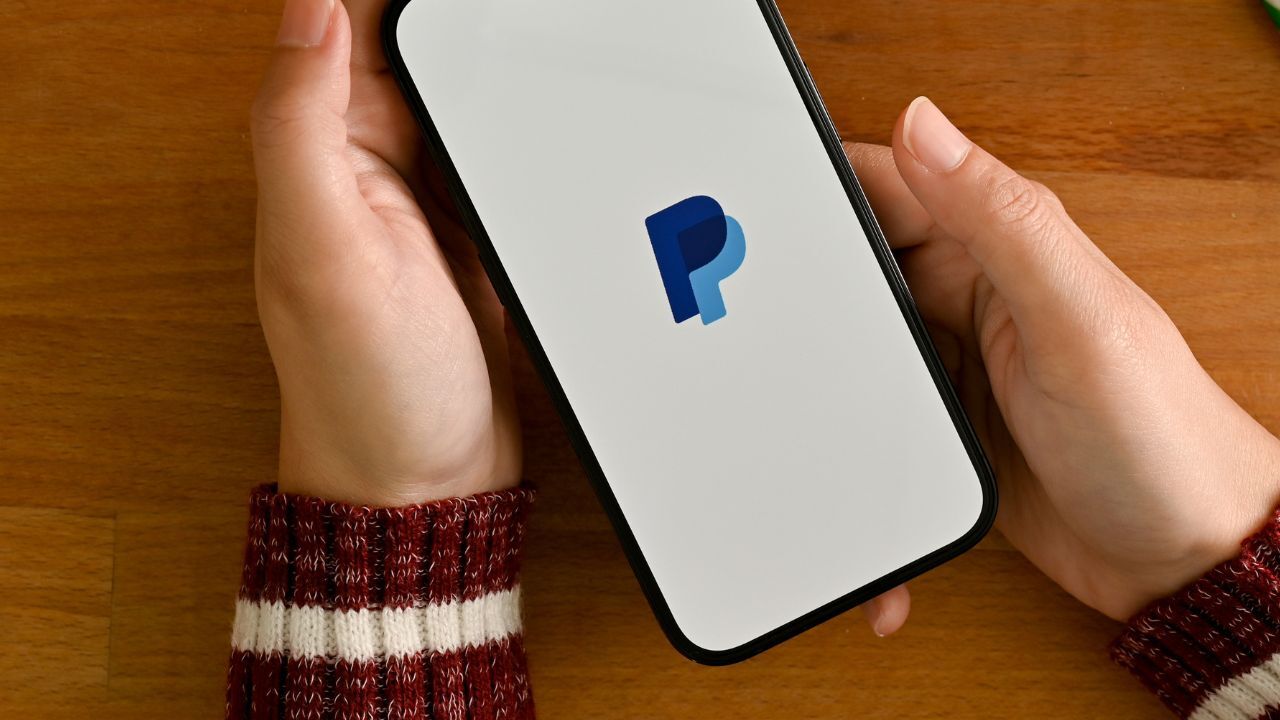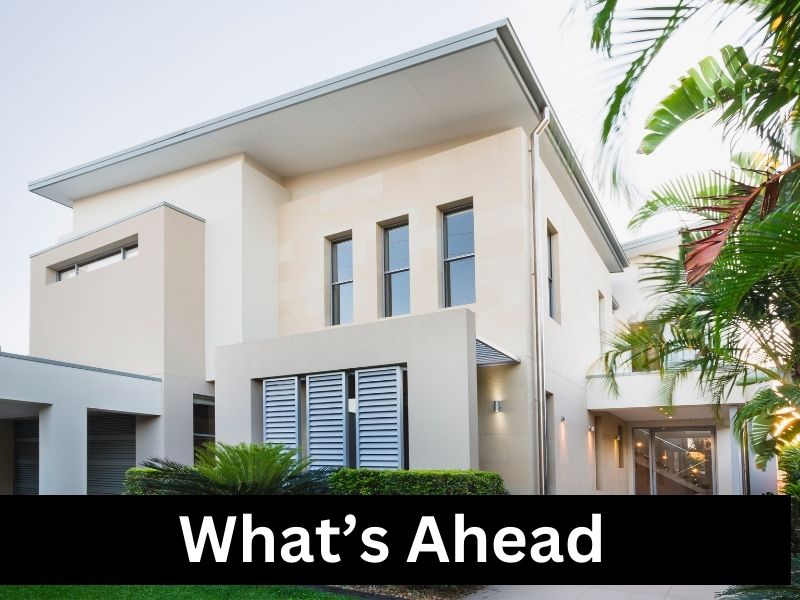Mortgages for Parents With Young Kids and What to Consider
 Buying a home when you have young kids brings unique challenges, but it also creates opportunities to build stability for your family. Your priorities might look different from other homebuyers, and your financial decisions may need to reflect the needs of a growing household. By planning ahead and understanding what matters most, you can choose a mortgage that supports your budget, your lifestyle, and your long-term goals as a parent.
Buying a home when you have young kids brings unique challenges, but it also creates opportunities to build stability for your family. Your priorities might look different from other homebuyers, and your financial decisions may need to reflect the needs of a growing household. By planning ahead and understanding what matters most, you can choose a mortgage that supports your budget, your lifestyle, and your long-term goals as a parent.
Consider How Your Monthly Budget Will Change
Raising young kids comes with expenses that shift as your family grows. Childcare, medical costs, food, activities, and emergencies can all impact how much you feel comfortable spending on a mortgage. Before choosing a loan, take a close look at your current budget and estimate future expenses. A mortgage payment that feels comfortable today should still feel manageable once school, daycare, or sports programs enter the picture.
Understand How Location Impacts Your Daily Life
For parents with young kids, location matters more than almost anything else. Proximity to schools, parks, daycare centers, grocery stores, and medical care can make life easier and reduce transportation costs. A longer commute may also affect your family time, so consider neighborhoods that balance convenience, safety, and affordability. Where you live affects both your lifestyle and your long-term loan decisions.
Choose a Mortgage Term That Fits Your Family Goals
Parents often have different financial priorities than other buyers. You may want a lower monthly payment to free up cash for family expenses, or you might prefer a shorter-term loan to build equity faster. Think about your long-term goals, such as saving for college, planning family trips, or leaving room in your budget for unexpected needs. Your loan term should support the overall financial health of your family, not stretch it thin.
Plan for Space That Grows With Your Kids
Young kids grow quickly, and your home needs might change just as fast. When selecting a mortgage amount, consider whether the home you are choosing will still meet your needs in a few years. Extra bedrooms, flexible bonus spaces, or larger common areas can help your home adapt to your family’s lifestyle. Planning ahead can prevent costly moves and avoid taking on a larger mortgage sooner than necessary.
Build a Strong Emergency Fund
Kids come with surprises, and your home will too. An emergency fund gives you financial breathing room for repairs, medical expenses, childcare changes, or a temporary loss of income. Lenders like to see strong savings because it reflects responsible planning. More importantly, it protects your household from stress and gives your family stability and comfort as you settle into homeownership.
Buying a home as a parent should feel exciting, not overwhelming. With careful planning, smart budgeting, and a clear understanding of your family’s needs, you can choose a mortgage that supports your household today and into the future.
 More people are earning money through freelancing, side gigs, digital work, consulting, and online sales. Because of this, it is common for income to flow through platforms like Venmo, Cash App, or PayPal instead of traditional direct deposits. While these tools make it easy to get paid, they can also affect your mortgage application in ways many buyers do not expect. Understanding how lenders view these platforms can help you prepare long before you apply for a home loan.
More people are earning money through freelancing, side gigs, digital work, consulting, and online sales. Because of this, it is common for income to flow through platforms like Venmo, Cash App, or PayPal instead of traditional direct deposits. While these tools make it easy to get paid, they can also affect your mortgage application in ways many buyers do not expect. Understanding how lenders view these platforms can help you prepare long before you apply for a home loan.